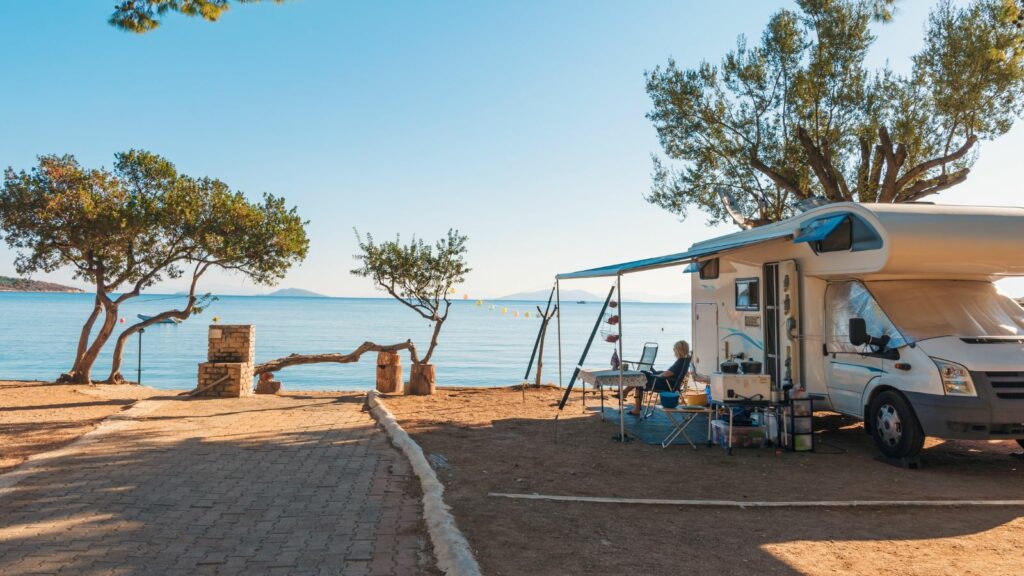RVs represent freedom, adventure, and the open road, but that freedom has limits. Over the years, laws have tightened on where and how you can travel, park, and even live in your RV across Canada and the US. The funny thing is, many RVers still push those limits, treating their rigs as homes on wheels where the rules feel optional. Here are 15 things you technically cannot do in your RV anymore, but plenty of people still try anyway.
Overnight Parking at Walmart Lots

For decades, Walmart parking lots were an unofficial campground for RVers. Some stores even welcomed them, but today, many cities have bylaws forbidding it due to complaints or safety issues. Signs that once said “Welcome RVs” now read “No Overnight Parking.” Even so, you still see rigs quietly lined up after dark. Veterans of the road call it “stealth camping,” and while it may only be one night at a time, the tradition stubbornly continues.
Seat Belts Ignored in the Back
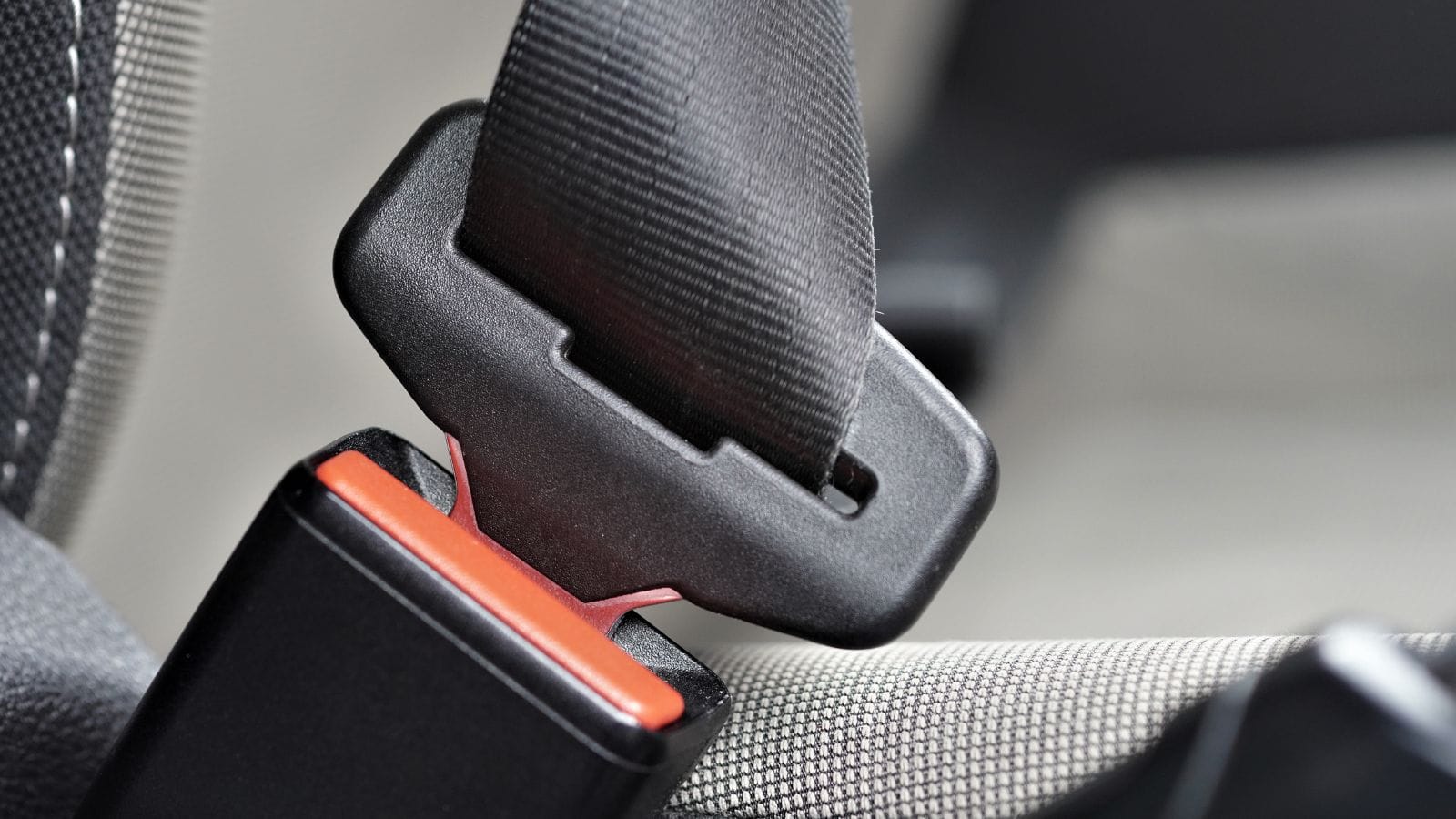
The law is clear: everyone in a moving RV must be seated and belted. Yet ask anyone who has spent hours on the highway in an RV, and they will admit someone got up to make sandwiches, grab a blanket, or just lie on the bed. Technically illegal and unsafe, but the layout of the vehicle almost invites this kind of behaviour. Families often trade safety for comfort, even though modern rules do not allow it.
Dumping Waste Where You Shouldn’t
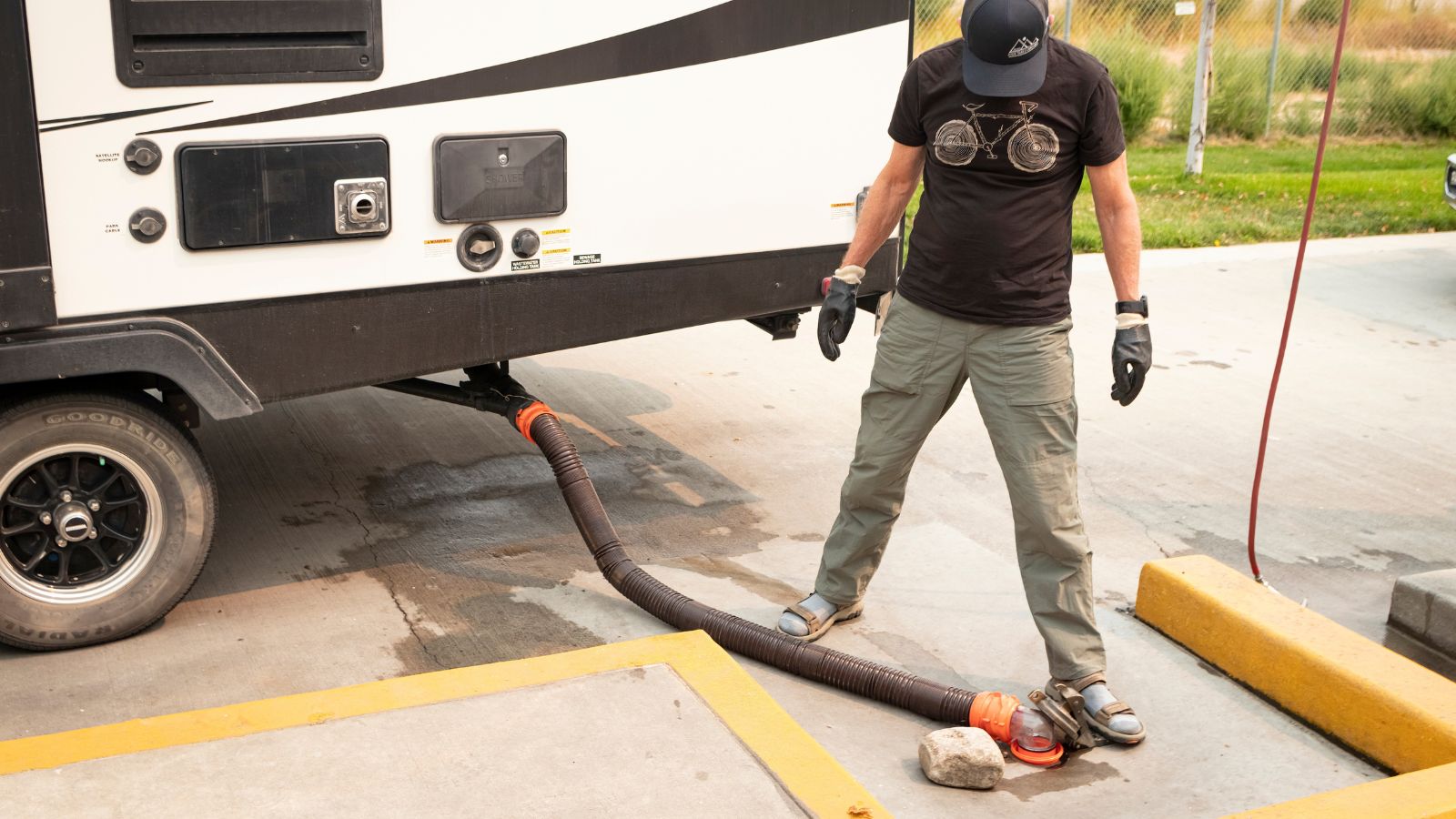
RV black and grey tanks must be dumped at official stations, but the hassle and cost sometimes tempt people to cut corners. Environmental laws across North America ban dumping waste in ditches or drains, yet reports of people sneaking out at night to empty tanks still surface. In fact, some campgrounds now install cameras at dump sites to discourage bad behavior. Despite that, a small but stubborn group still risks fines to save a few dollars.
Parking on City Streets Overnight
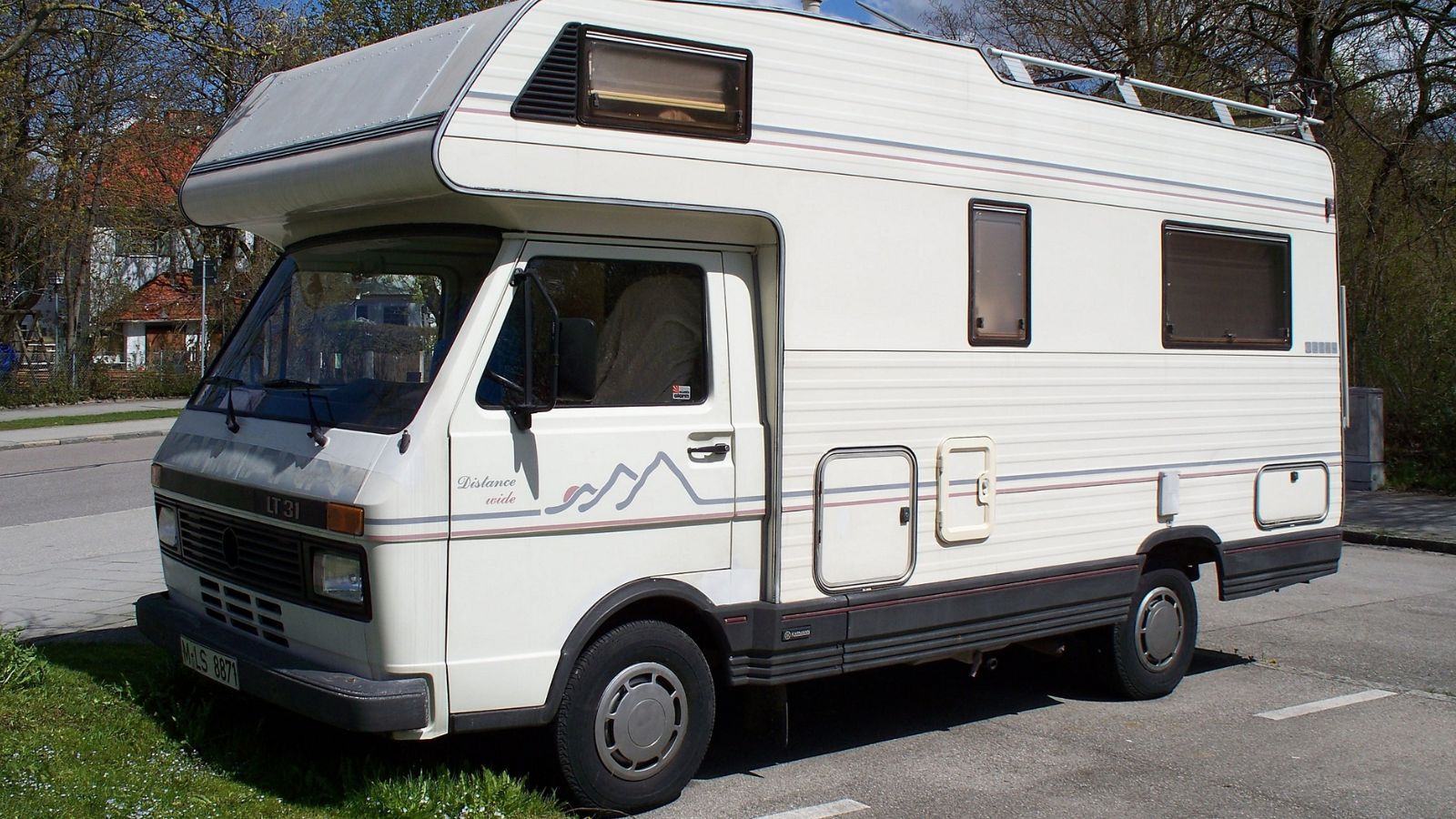
Plenty of cities have clamped down on overnight street parking for RVs. The bylaws are meant to prevent neighbourhoods from turning into campgrounds. Still, if you drive through urban areas late at night, you will often see RVs wedged between cars with blackout curtains drawn. Some RVers set alarms to move before dawn, believing the early bird escapes tickets. Authorities may frown on it, but stealth urban camping continues to thrive.
Open Alcohol Containers

Drinking laws do not bend for RVs, even when parked. In most provinces and states, having an open alcohol container inside an RV is illegal unless you are in a registered campsite. Still, many treat their RV as a cabin on wheels and enjoy a beer or wine at dinner in a parking lot or roadside stop. It is a gray area where common sense and law do not quite agree, but enforcement often depends on location.
Using Generators After Quiet Hours
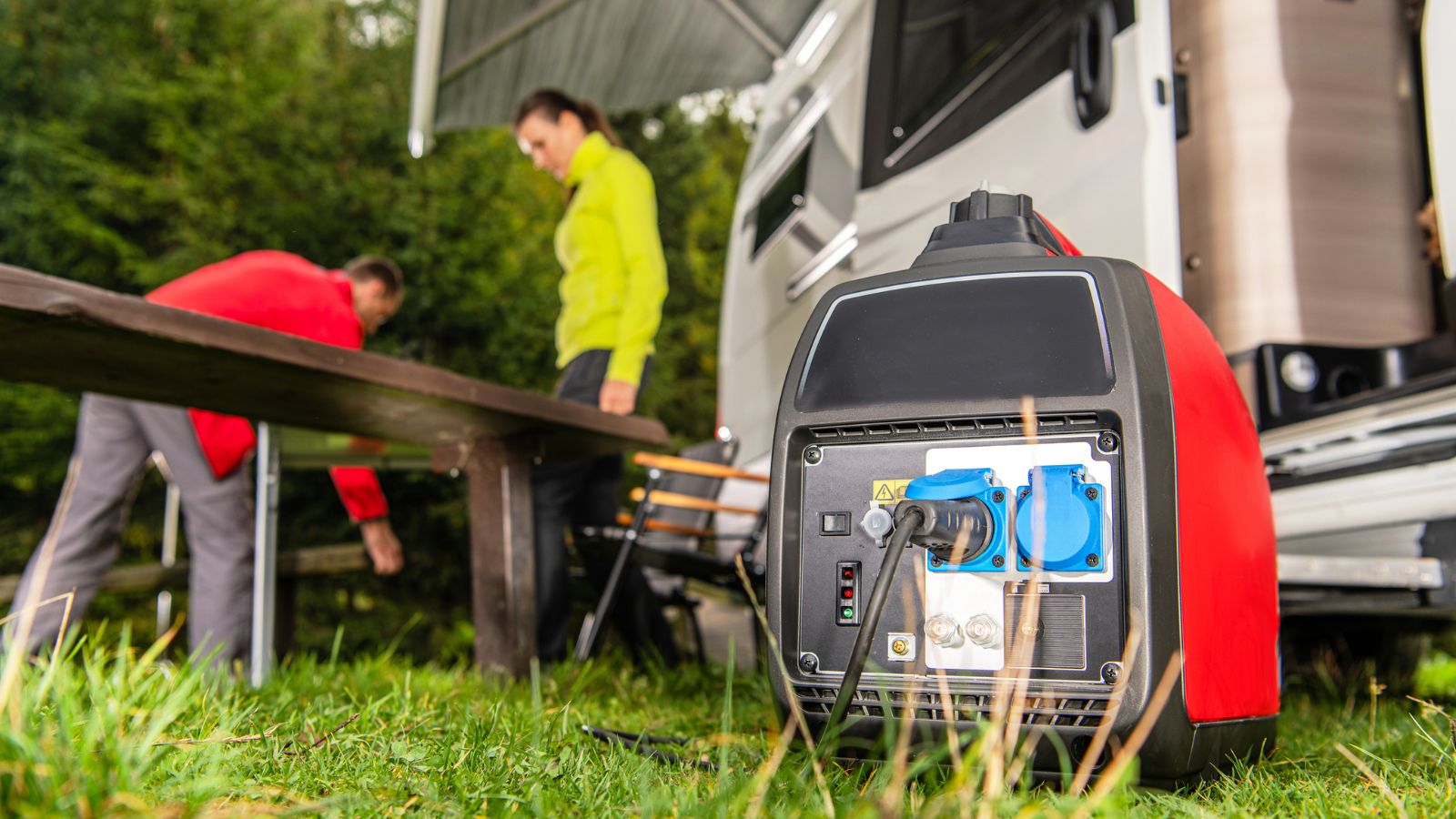
Campgrounds usually have strict quiet hours, often from 10 p.m. to 7 a.m., and generators fall under those rules. Yet for some RVers, shutting off power is not an option, especially in hot climates where air conditioning is essential. This leads to a constant low hum across campgrounds, irritating neighbours. Some owners invest in quieter models, but many simply hope nobody complains. Generators are lifelines, and people still push the limits.
Riding in a Towed Trailer
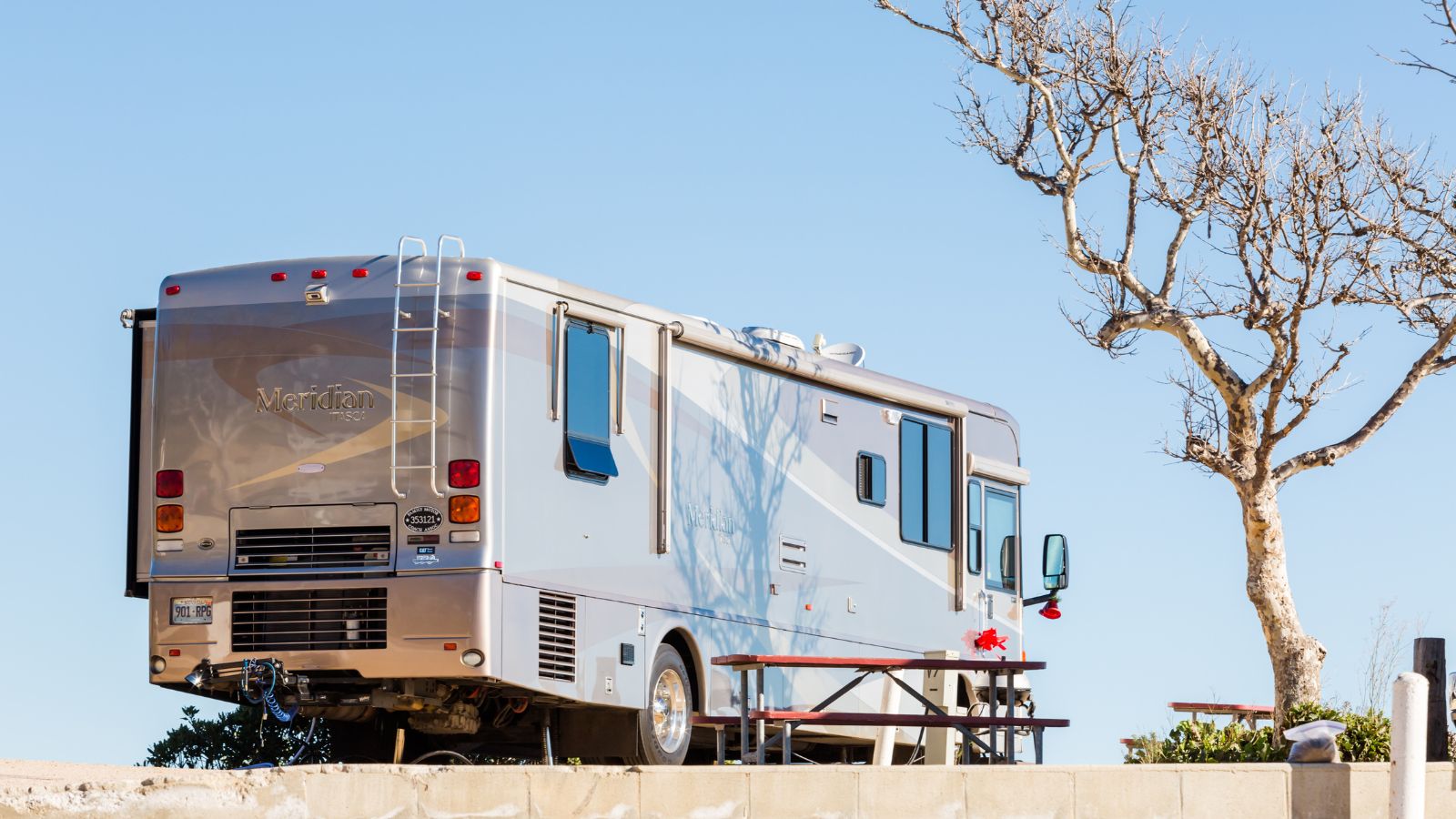
Most provinces and states ban passengers from riding in towed RV trailers for obvious safety reasons. A crash or even a hard stop could be deadly. Yet stories persist of families letting kids nap or pets roam inside while towing. It feels like wasted space otherwise, but it is a huge risk and one that police occasionally catch. Even so, nostalgia often wins, as some older RVers admit they rode in trailers themselves as kids.
Burning Trash in Fire Pits

Burning trash in fire pits is illegal in most campgrounds and parks, but it remains one of the most common rule-breaking habits. Tossing in paper plates, wrappers, or even beer cans saves space in garbage bins. The result is foul-smelling smoke that drifts into neighbouring sites. Rangers now fine violators, but the old habit lingers. Many RVers say they grew up with “trash fires,” so it feels normal, even when the law says otherwise.
Improvised RV Parking at Scenic Spots
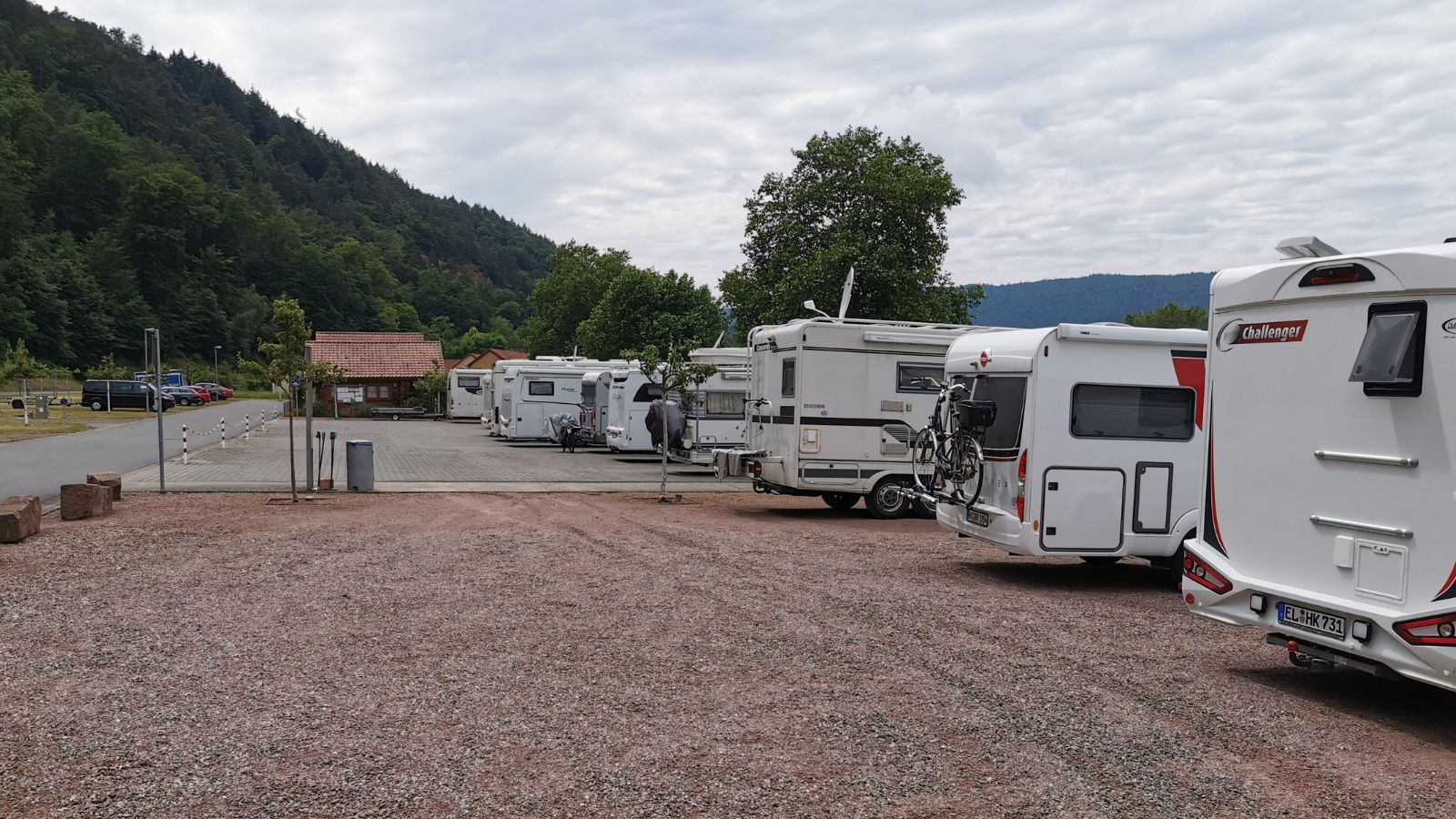
Those breathtaking pull-offs along mountain roads or lakeside spots are tempting, but camping overnight in them is usually illegal. That does not stop RVers from sneaking in. The payoff is unbeatable views for free. Rangers and police sometimes knock on doors in the middle of the night to enforce the rules, but plenty gamble that they can enjoy one night under the stars before moving along.
Cooking Inside at Gas Stations
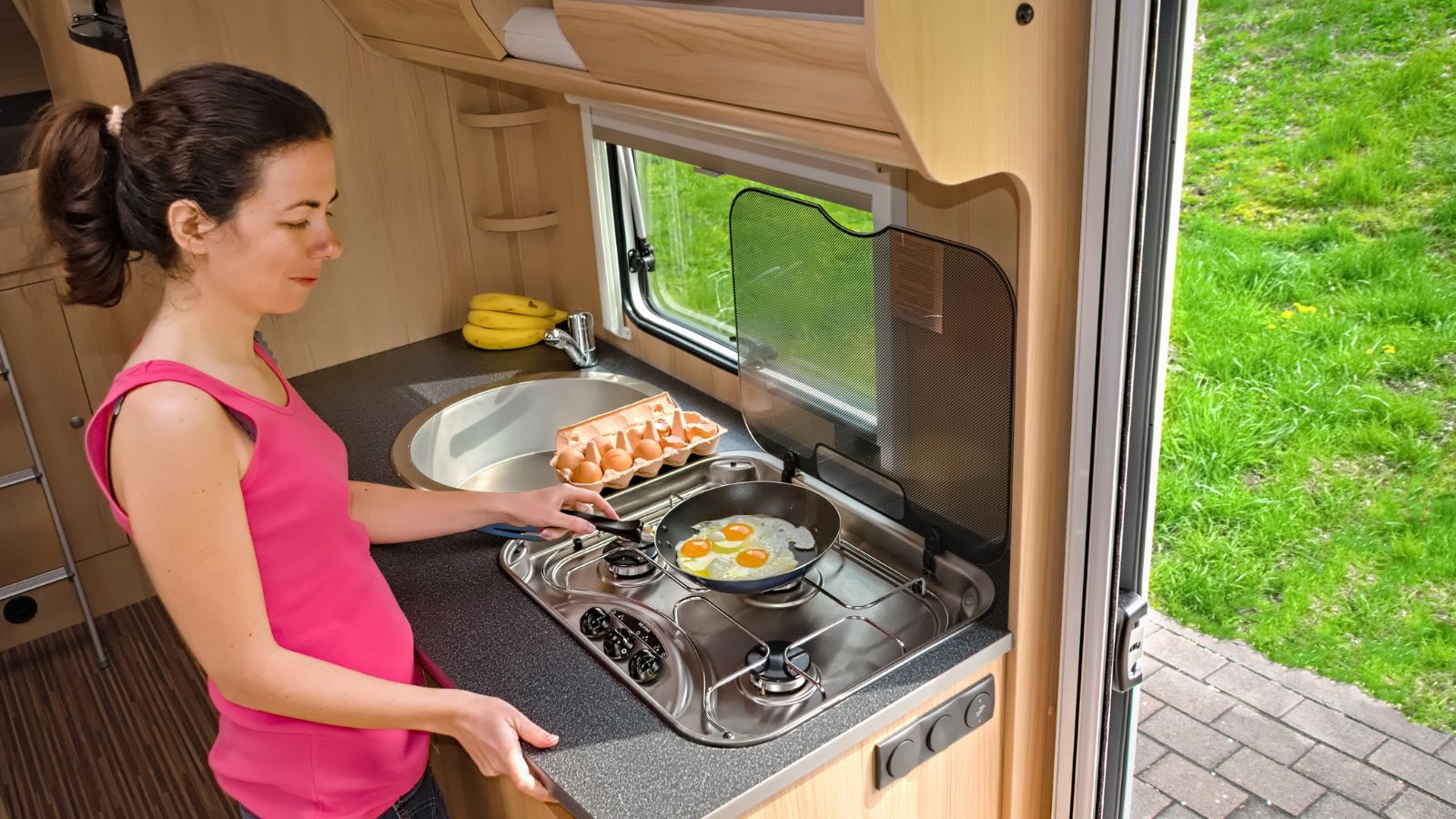
Refuelling with propane tanks or gasoline nearby makes cooking inside your RV dangerous and illegal. Yet many RVers admit to brewing coffee or heating leftovers at the pump. The practice is risky, but when you live in your vehicle, convenience often overrides caution. Some say they “only use the microwave,” forgetting that fire safety laws do not split hairs. It remains a surprisingly common rule bent by travellers in a hurry.
Leaving Pets Unattended
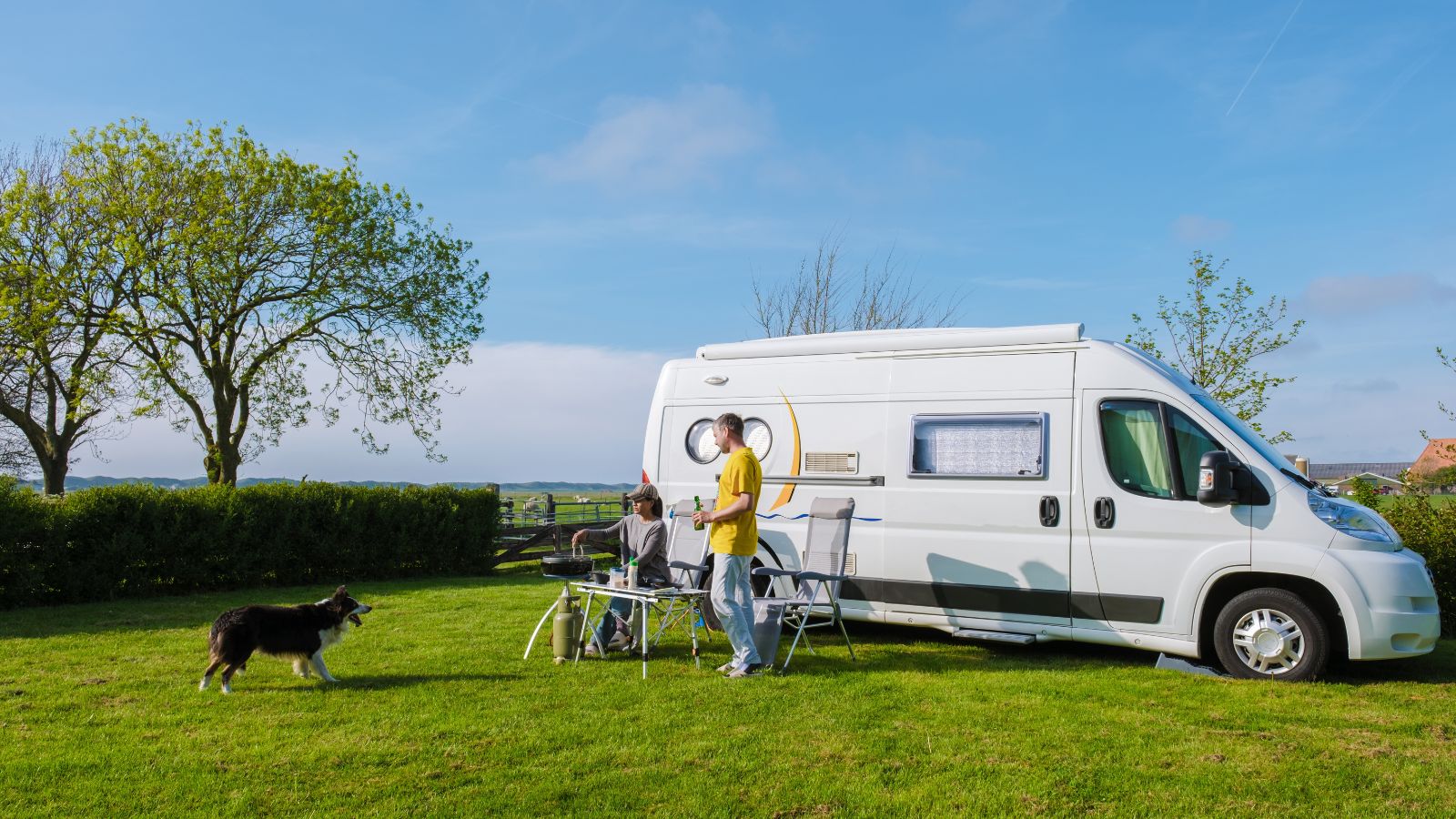
Animal welfare laws apply to RVs the same as cars. Leaving pets inside while shopping or sightseeing can result in fines or even intervention by animal services, especially in hot weather. Despite this, RVers often trust fans, shade, or cracked windows to protect their animals. The reality is, enforcement varies, and people continue to take chances, hoping the rules will not catch up to them.
Driving Without Insurance Coverage Updates

Crossing the border with an RV often requires updated paperwork and insurance coverage, yet many owners forget or deliberately skip the process. This can lead to huge problems if there is an accident. While technically required, some RVers risk driving under old policies, hoping nothing happens. Insurance companies have tightened enforcement in recent years, but many travellers still assume the risk is worth it.
Illegal Campfires Outside Designated Areas
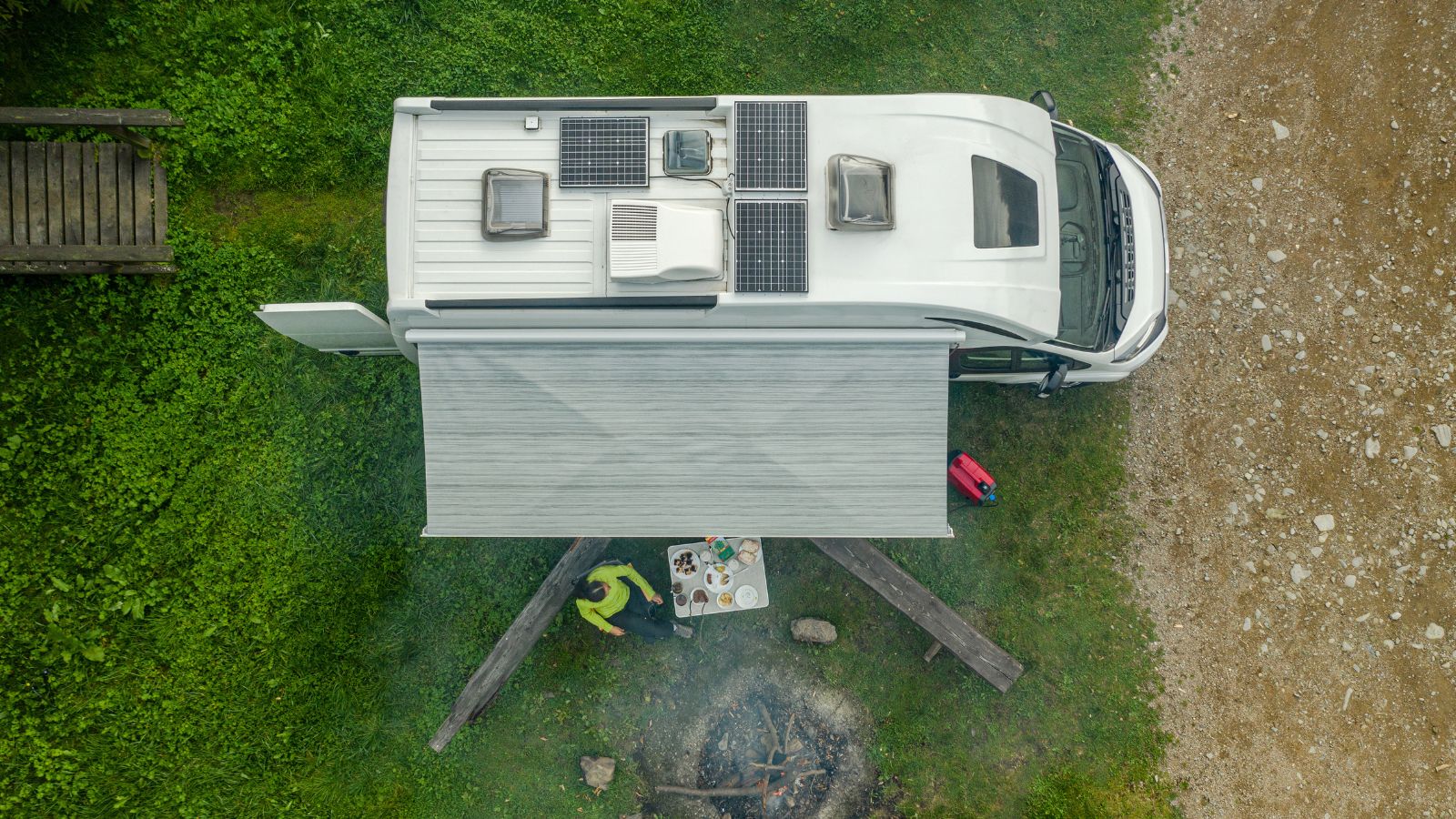
Campgrounds carefully regulate fire rings, but RVers camping off the grid often create their own fire pits. With wildfire risks at an all-time high, this is now strictly illegal in most areas. Still, the sight of people setting up a small campfire near their RV in a remote spot is not unusual. Enforcement has grown tougher, but plenty of owners believe the old ways should still be allowed.
Using RV Bathrooms While Driving

Seat belt laws apply to everyone, but the reality of long road trips makes them bend. RV passengers often sneak off to the bathroom while the vehicle is in motion. It is not legal and certainly not safe, but the temptation is too great when facilities are just a few feet away. Almost every long-distance RVer will quietly admit to breaking this rule at least once.
Stretching Out Too Many Slide-Outs
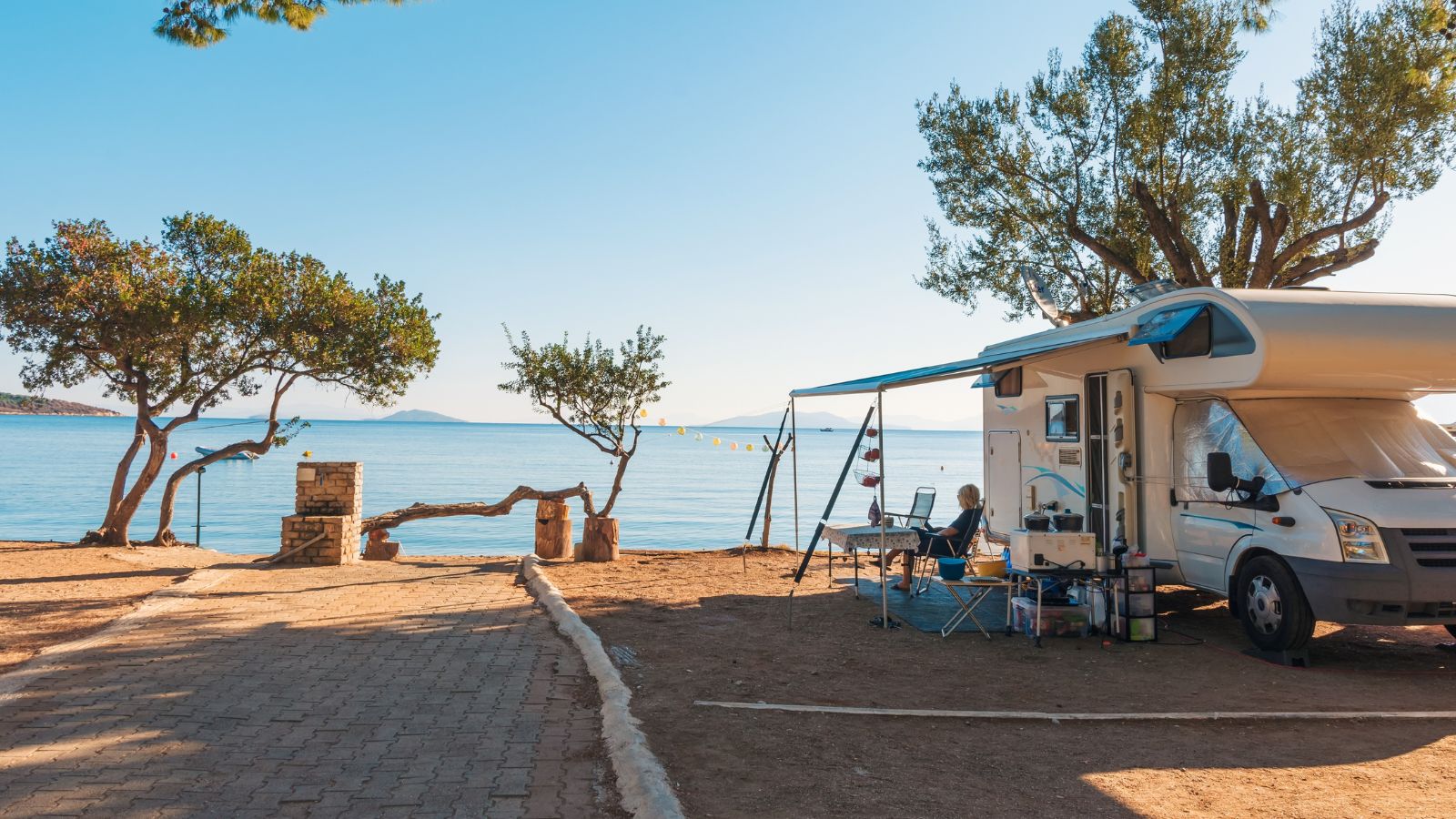
Slide-outs add valuable space but can create headaches in campgrounds or city parking. Extending them beyond your designated space is often forbidden, yet owners do it anyway to enjoy extra comfort. Some rigs even block sidewalks or spill into neighbouring sites. Most campgrounds post rules, but RVers often rely on the “ask forgiveness later” approach, pushing their luck with full expansions.
25 Facts About Car Loans That Most Drivers Don’t Realize

Car loans are one of the most common ways people fund car purchases. Like any other kind of loan, car loans can have certain features that can be regarded as an advantage or a disadvantage to the borrower. Understanding all essential facts about car loans and how they work to ensure that you get the best deal for your financial situation is essential. Here are 25 shocking facts about car loans that most drivers don’t realize:
25 Facts About Car Loans That Most Drivers Don’t Realize
